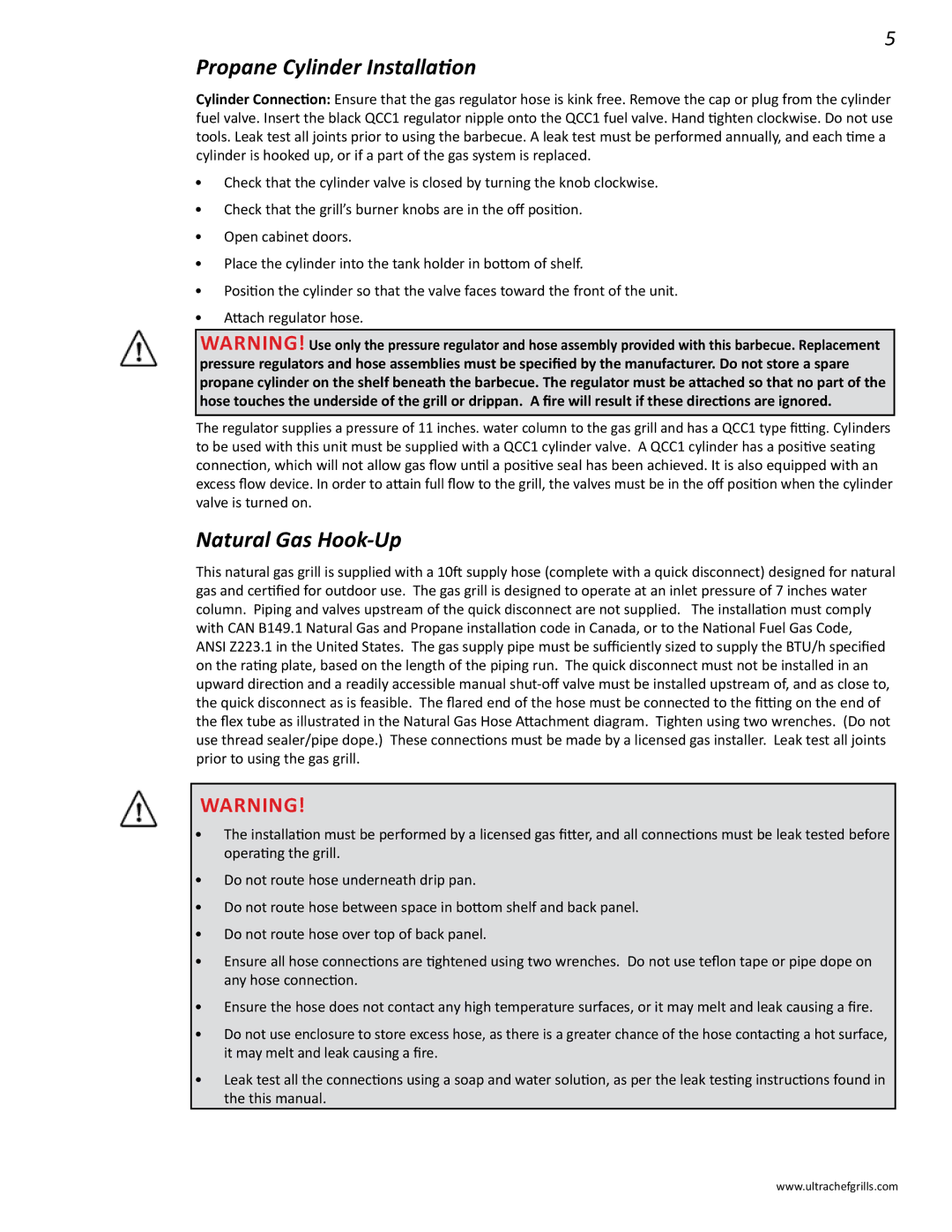L485RSIB, L485SB, L485, L485SIB, L485RSB specifications
Interlink Electronics has become a prominent player in the field of touch and control technologies, and their L485 series proves to be a significant advancement in this domain. The L485RB, L485RSB, L485SIB, L485, and L485SB models each bring unique features and capabilities tailored for various applications.The L485 series primarily focuses on enhancing human-machine interface (HMI) systems, offering a blend of reliability and durability. A key feature across this series is the use of robust capacitive sensing technology, which ensures precise touch detection, even in challenging environments. This technology contributes to seamless user experiences in industrial settings, healthcare applications, and consumer electronics.
The L485RB model boasts a rugged design with a high degree of resilience to environmental stressors, making it suitable for outdoor use. It has an IP65 rating, indicating excellent resistance to dust and water ingress. This is essential for devices deployed in harsh conditions, ensuring longevity and consistent performance.
In contrast, the L485RSB focuses on providing enhanced functionality, integrating customizable features tailored to specific user needs. With programmable touch zones and sensitivity adjustments, the L485RSB allows developers to create bespoke solutions for unique applications, ensuring flexibility and adaptability.
Meanwhile, the L485SIB is specialized for medical environments, incorporating antimicrobial coatings that mitigate the growth of pathogens. This is crucial in healthcare settings where hygiene is paramount. The model not only prioritizes user safety but also complies with relevant medical standards, ensuring it is fit for purpose in sensitive applications.
The standard L485 model serves as a versatile option, perfect for general-purpose applications. It balances advanced touch capabilities with user-friendly features, making it easy for developers to integrate into various devices. Additionally, the model supports multiple interfaces, including USB and I2C, enabling seamless communication with other electronic components.
Lastly, the L485SB variant features a simplified design that allows for easier integration into existing systems, minimizing the learning curve for developers. Its compact form factor coupled with powerful performance characteristics makes it ideal for innovative consumer electronics.
In summary, the Interlink Electronics L485 series exemplifies the convergence of advanced technology and practical applications. With features tailored for diverse environments, from industrial to medical, the L485RB, L485RSB, L485SIB, L485, and L485SB models showcase the brand’s commitment to quality, performance, and user-centric design. Each model in the series stands out with distinct characteristics, ensuring that there is a suitable option for every potential application.

